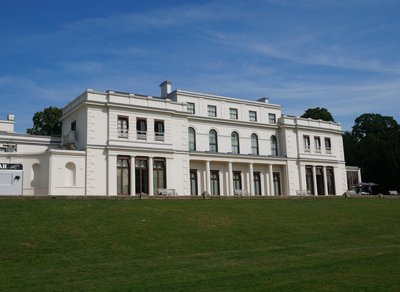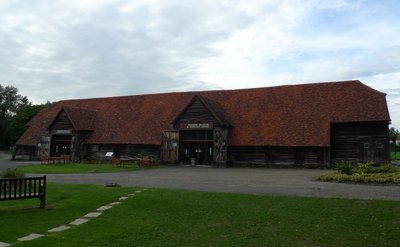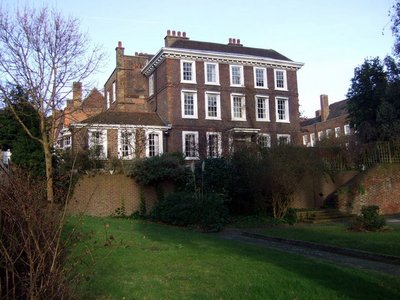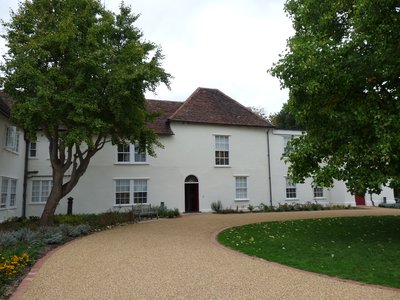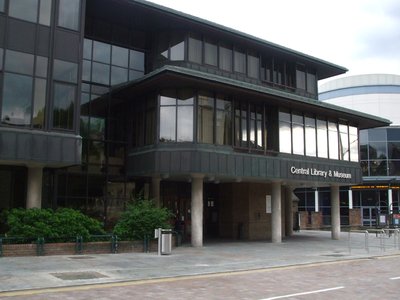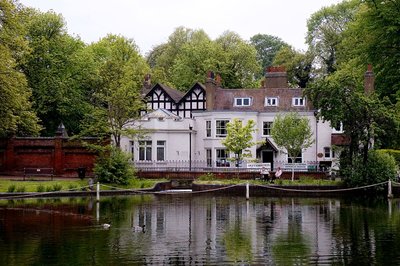Barnet Museum
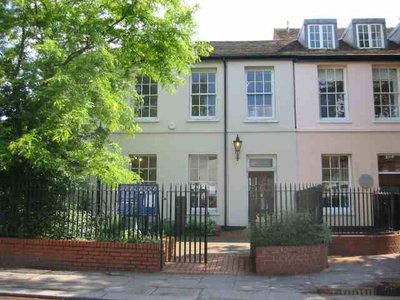
⭐ Highligts
Battle of Barnet Gallery
One of the decisive battles of the Wars of the Roses (14 April 1471) unfolded just north of the town.Maps, reproduction weapons and local finds explain how fog, misalignment of lines and ‘friendly fire’ shaped the outcome for Edward IV and Warwick ‘the Kingmaker’.
📍 Front rooms
Great North Road & Coaching Barnet
Barnet thrived as a staging post on the coach road to the North in the 18th–19th centuries.Inn signs, booking-office paperwork and coachman’s kit show how timetables, horse-changes and turnpikes powered long-distance travel before rail.
📍 Main gallery run of cases
Costume & Domestic Life
Clothing, lace and household tools reveal class, work and fashion across centuries.From fine lace collars to workaday smocks, textiles double as social documents stitched in thread.
📍 Upstairs rooms
Toys & Dolls Collection
Playthings mirror technology and taste—from bisque dolls to tinplate and plastics.Miniature kitchens, prams and games show how children rehearsed adult roles at home.
📍 Lower level
Opening Hours
🤓 Fun Facts
The museum occupies a historic townhouse near the medieval parish church of St John the Baptist, rooting the collection in the old town’s original street plan.
Interpretation of the Battle of Barnet emphasises the notorious fog that morning—misrecognition and lateral fire likely caused the Earl of Oxford’s men to be mistaken for enemies, swinging momentum to Edward IV.
Barnet’s coaching identity comes through in material culture: inn tokens, waybills and harness hardware survive because paper and leather were kept as business records and repair stock.
